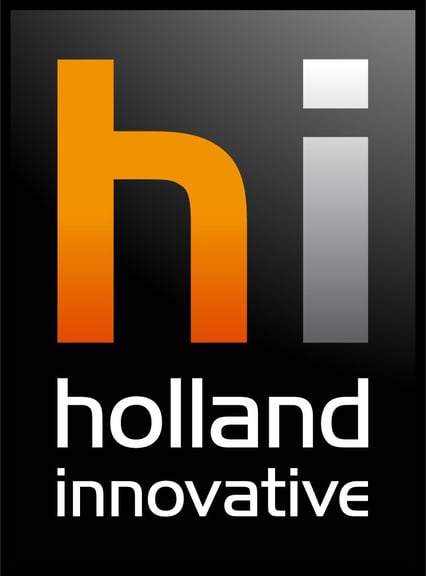Which Reliability Engineering Certification Fits Your Career?
In today’s highly competitive and technology-driven industries, product reliability is not just a differentiator—it is a necessity. Failures in the field can lead to costly recalls, damage to brand reputation, or even endanger user safety. As a result, the demand for professionals with expertise in reliability engineering is growing rapidly. To meet this demand, Holland Innovative offers a Reliability Foundation Certification Program, a structured and internationally recognized development path for engineers.
This blog will guide you through the various Reliability Engineering Certifications offered by Holland Innovative, including Green Belt, Black Belt, Certified Reliability Engineer (CRE), and Master Black Belt options, helping you decide which certification is the best fit for your career goals.
Why Become a Certified Reliability Engineer?
Certified professionals possess the skills to anticipate and prevent failures, optimize test strategies, and improve system performance throughout the product lifecycle. Certification not only validates technical expertise but also provides a competitive advantage in career development and project leadership. For engineers looking to grow their career in reliability engineering, this program can be the stepping stone to becoming a strategic leader within your organization.
Overview of Certification Levels
🟢 Design for Reliability – Green Belt (DfR-GB)
Target audience: Engineers entering the field of reliability or seeking a practical foundation.
Key focus areas:
• Statistical analysis of life data (e.g., Weibull)
• Developing test strategies for reliability performance
• Introduction to reliability tools and failure data interpretation
Certification requirements:
• Successful completion of RF1 theoretical exam
• Submission and defense of one practical project, following DMAIC or DIDOV structure
Result: A solid foundation in reliability thinking with the ability to contribute directly to product development teams.
⚫ Design for Reliability – Black Belt (DfR-BB)
Target audience: Engineers and technical leads involved in system design and quality improvement.
Key focus areas:
• System reliability modeling (e.g., fault trees, reliability block diagrams)
• Design FMEA and risk prioritization
• Intermediate to advanced analytical techniques
Certification requirements:
• Passing both RF1 and RF2 theoretical exams
• Completion and evaluation of two projects with demonstrated business impact
Result: Capability to lead reliability projects within multidisciplinary teams and make data-driven design decisions.
🛠️ Certified Reliability Engineer (CRE)
Target audience: Experienced professionals aiming to manage reliability across products, teams, or departments.
Key focus areas:
• Broader application of reliability methods across hardware and software systems
• Advanced modules such as:
Certification requirements:
• Completion of RF1, RF2, and at least two additional RF modules
• Submission of three applied projects reviewed by a board of examiners
Result: An internationally recognized certification that confirms both strategic and technical reliability expertise.
🥇 Design for Reliability – Master Black Belt (DfR-MBB)
Target audience: Senior professionals, consultants, or internal coaches responsible for implementing and teaching reliability methodology.
Key focus areas:
• Coaching of reliability projects and teams
• Teaching RF modules
• Publishing and presenting insights
• Organizational implementation of reliability strategies
Certification requirements:
• Same theoretical exams as CRE
• Completion of four strategic projects, with roles in coaching, implementation, or training
• Final evaluation and approval by Holland Innovative’s Examination Board
Result: Positioning as a thought leader and change agent within the field of reliability engineering.
Certification Comparison Table
Additional Benefits: Reliability User Group
Certified engineers gain access to the Reliability User Group, a quarterly professional platform for sharing best practices, case studies, and innovations in the field. This network offers valuable opportunities for peer exchange, feedback, and professional development.
Practical Information
-
Exams: Held 3 times a year in Eindhoven/Enschede
-
Exam fee: €350 per attempt
-
Project certification fee: €675 per submission
-
Contact: academy@holland-innovative.nl
Ready to Advance Your Reliability Career?
Whether you’re looking to strengthen your technical foundation or lead reliability strategy across your organization, the Reliability Foundation Certification Program offers a clear, proven path forward. Backed by Holland Innovative’s expertise, this certification framework enables professionals to grow their impact and become leaders in the field of engineering reliability.
Interested in enrolling or need advice on which certification fits your role? Contact us directly at academy@holland-innovative.nl or visit www.holland-innovative.com for more information.



.jpg?width=200&name=Holland%20Innovative%20summer%20academy%20-%20Project%20Management%20Masterclass%202%20(2).jpg)